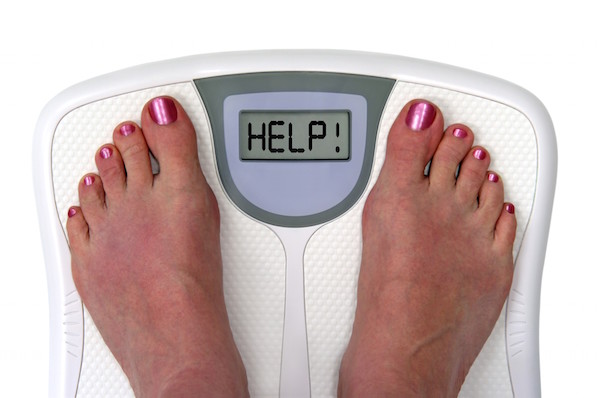
SATURDAY, Jan. 9 (HealthDay News) — A psychotherapy program may work better than traditional health classes in preventing teenage girls at risk of obesity from becoming excessively fatter, researchers report.
The program “focuses on improving interpersonal relationships by targeting the underlying social and interpersonal difficulties that influence individuals to engage in maladaptive behaviors,” said Marian Tanofsky-Kraff, assistant professor in the Uniformed Services University’s Department of Medical and Clinical Psychology, in a statement.
She is co-author of a new study that looked at using the program to help teens control eating. It is “based on an assumption that binge eating occurs in response to poor social functioning and the consequent negative moods,” she said.
The study authors randomly assigned 38 girls to attend psychotherapy sessions or standard health-education classes. Over a 12-month period, those who took part in the psychotherapy sessions were more likely to stabilize or reduce their body mass index, a measurement of obesity.
If the program “proves to be effective, we may be able to prevent not only excessive weight gain, but the development of related adverse health conditions in a subset of susceptible youth,” Tanofsky-Kraff said.
The study is published in the International Journal of Eating Disorders.
More information
The Nemours Foundation has more on teen obesity.

